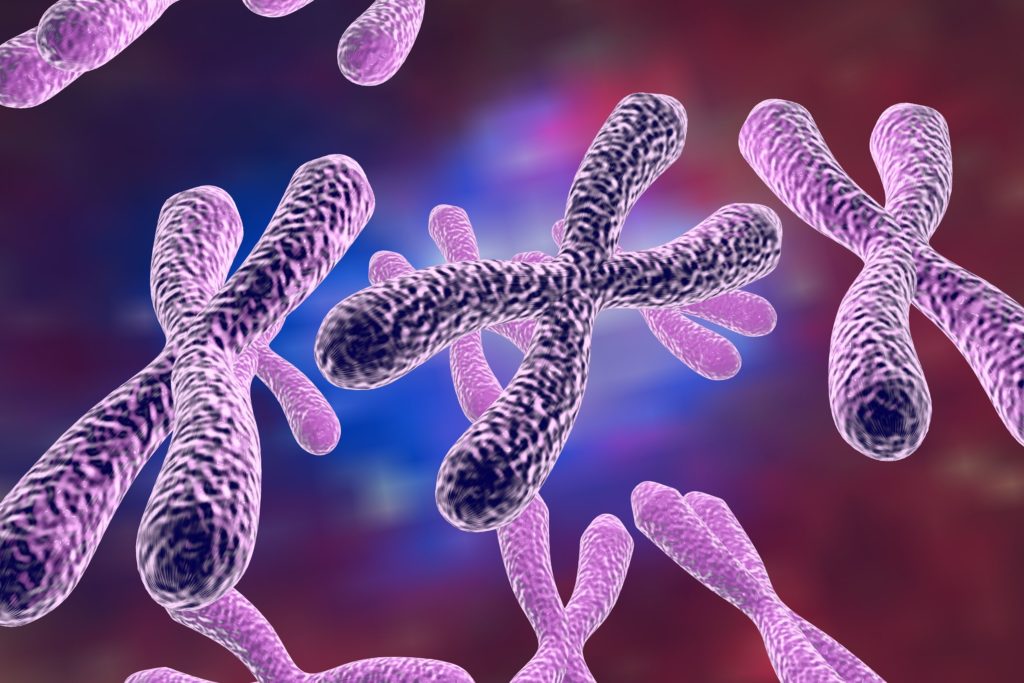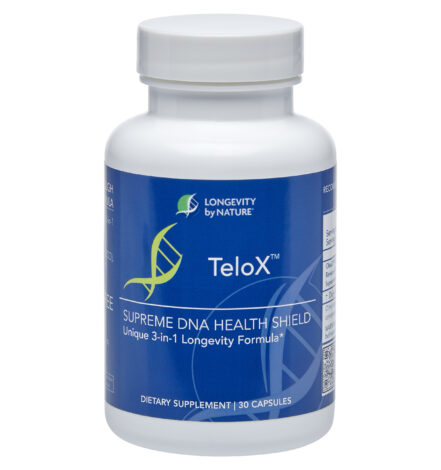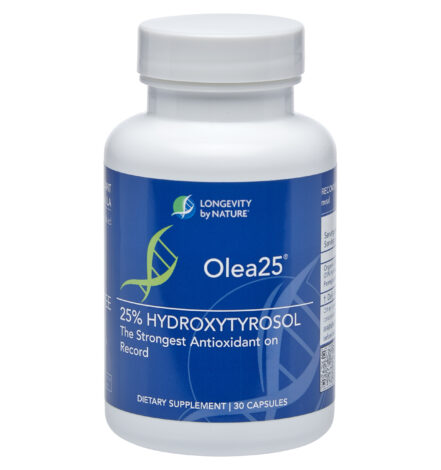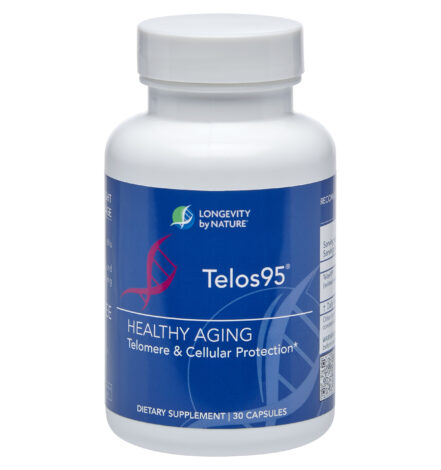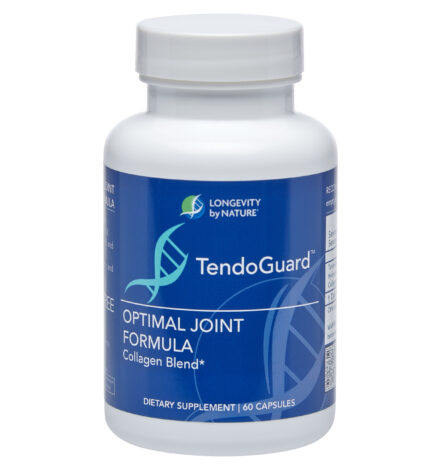No one wants to experience the effects of aging. A recent peer reviewed study showed that you can actually slow down the aging process to protect your body long term from cellular aging. I am sure you are familiar with the term DNA.. But did you ever learn the word Telomeres in your high school science class? unlikely.. Telomeres are an essential part of the DNA and play a role in the aging or anti-aging process. This small but mighty part of your DNA is responsible for warding off major degenerative conditions like Cancer, Diabetes, Osteoporosis,, Arthritis and how young and old you look. When we’re children, we are carefree and pain-free, able to use our bodies in whichever way we want to. However later in life, we start to feel more aches and pains, recover less quickly from long days or heavy lifting, and can start to develop long-term diseases. Many people put this down to genetics, but adult health is rarely related to genetics and is heavily influenced by our lifestyle choices and our cellular age. This puts a lot of power back in our hands.
If you want to live a long, healthy life, then you’ve likely come across the term “telomere” during your research, but what exactly are telomeres and how do they affect how we age? Read on to find out!
What are telomeres and why are they important in aging?
Telomeres are an essential part of our cells and our DNA. Telomeres are like a protective cap at the end of the chromosomes on our DNA that prevents them from becoming damaged. Telomeres contain sequences of bases that are lost each time our cells replicate.
Telomeres are so important in aging because when they are damaged, so are our cells. Every time our cell replicates some of the bases in our telomeres are lost, and once the telomeres lose too many bases and become too short, the cell can no longer be replicated. This leads to cell death, which is why we age.
What happens to telomeres as we age?
As we age, our telomeres lose bases and start getting shorter, until they can no longer be replicated. If we’re healthy, our telomeres will be able to hold on to most of their bases and therefore protect the cell’s “real” age. If we are unhealthy, we’ll lose more bases, shortening the cell’s lifespan and thus, our own.
Why do we lose telomeres as we age?
Telomeres get shorter as we age because our bodies can’t replicate cells completely (this is called the “end replication problem”). So, each time our cell replicates, a little bit more of the information in our DNA is lost. We don’t lose telomeres entirely as we age, but they do become less effective. Think of them like the cap on the end of a shoelace – after a few years of use, the end of the shoelace usually starts to fray and stick out around the cap. The better you look after your shoes, the longer those caps will last.
Does telomere shortening cause aging?
While we can’t say that telomere shortening causes aging, we can say that there is a very strong link between the two. Countless studies have found that shorter telomeres have an adverse effect on how our bodies function – the shorter our telomeres, the more likely we are to experience disease and life-threatening illnesses. The better we protect our telomeres, the better our cells are able to protect their cell age and defend against signs of aging and disease.
Do cells age faster or slower with longer telomeres?
The longer the telomere, the slower we age. While cells with short telomeres are more likely to die, healthy cells with long telomeres can pass more information onto the next replication of that cell. We all lose cells (which can be best seen in our skin), but if our telomeres are long and our cells are healthy, that next replication will be a much closer match to the original cell, leading the cells to age more slowly.
Can telomeres predict aging?
They don’t necessarily predict aging – but they are a biomarker. Think of it this way; if someone lives a relatively unhealthy life now by eating processed foods, few fruits, and vegetables, and is extremely sedentary, their telomeres will be much shorter than a fit person of the same age. Doctors believe that cells with short telomeres in individuals who plan to make no lifestyle changes are indicative of future health problems, such as developing cancer.
But, if that person were to turn things around and start eating well and exercising regularly, their telomeres would stop shortening at such a fast rate.
So, a doctor can look at your telomeres and tell you your biological age compared to your real age, such as a biological age of 40 when you’re only 30. If you lead a healthy lifestyle, your biological age can be much younger than your real age.
Research Breakthroughs with Telomeres and Aging
Research on telomeres and their function and responsibility in the aging process is being studied all the time because many believe they hold the key to reversing many of the effects of aging. Here are some of the biggest recent breakthroughs around telomeres and aging:
- Telomeres have been successfully lengthened telomeres in laboratory settings by using modified RNA. A study in 2015 at Stanford found using modified RNA helped researchers generate up to 40 times more human skin cells than untreated cells. This was an important development for scientists studying human cells for medical and drug development, it may also lead to new ways to treat diseases that are linked to shortened telomeres.
- Lifestyle is the biggest factor in telomere length. Simple lifestyle choices such as smoking, drinking, getting 30 minutes of exercise three times a week, and eating a healthy diet have a huge effect on telomere length. This is likely because when you do the former two and fail to do the latter two, your cells are put under a lot of oxidative stress, which can cause damage which speeds up the aging process.
- In November 2020, Tel Aviv University discovered that hyperbaric oxygen therapy significantly increased telomere length in aging study participants. Medical intervention to help lengthen telomere length is still in its infancy, with positive lifestyle changes and a balanced diet being the best way to lengthen telomeres.
Reverse Aging Naturally with Telos95
If you want to protect and lengthen your telomeres, a healthy lifestyle is the best way forward. Just 30 minutes of exercise 3 times a week and avoiding saturated, sugary, and processed foods will have a dramatic effect. However, if you want to do more to ensure your body has all the necessary building blocks to protect your telomeres and even lengthen them, then Telos95 should be a part of your daily regimen.
Telos95 is the only clinically proven telomere lengthening supplement that is designed to deliver essential vitamins and nutrients to your cells. Clinical studies found that Telos95 effectively halted telomere shortening and that telomeres can be lengthened within just 6 months of taking the supplement. On average, Telos95 extends TeloYear (cellular) age by 7.42 years. The vitamins and minerals are sourced from plants and fight free radicals which can quickly damage your cells. To find out more or to order Telos95, click here.
Losing telomeres is a natural process, but that doesn’t mean we can’t take action to lengthen our telomeres, ward off disease and illness, and live better, healthier lives. While there have been big medical strides in recent years, the best way to ensure your telomeres are protected is to live a healthy lifestyle and supplement your body with Telos95.
Sources:
https://www.ncbi.nlm.nih.gov/pmc/articles/PMC5333044/
https://www.ncbi.nlm.nih.gov/pubmed/15775986/
https://cancerpreventionresearch.aacrjournals.org/content/5/10/1163
https://med.stanford.edu/news/all-news/2015/01/telomere-extension-turns-back-aging-clock-in-cultured-cells.html
https://www.ncbi.nlm.nih.gov/pmc/articles/PMC3370421/
Explore more best selling supplements from Longevity by Nature
- Telos95 Telomere Supplement
- H.A.95 Hyaluronic Acid Supplement
- KollaJell Jellyfish Collagen Brain Supplement
- Olea25 Organic Olive Leaf Supplement
- Tendoguard Collagen Joint Support Supplement
- Pure Marine Collagen Peptide Dietary Supplement
- ArthroGuard Collagen Peptides For Dogs & Pets
- Pure Marine Fish Collagen Peptide Powder
Related Blog Posts
- What are Telomeres?
- Tips to Protect Against DNA Damage
- How Can I Boost DNA Repair Naturally?
- What are “Zombie Cells” & Their Role in Aging?
- Why Do We Lose Telomeres as We Age?
- How to Protect Your Telomeres & Increase Longevity
- Why Do Telomeres Shorten With Age?
- Why is Telomere Length Important in Aging?
- Tips to Slow Down Telomere Shortening
- Tips to Slow Down Cellular Aging



